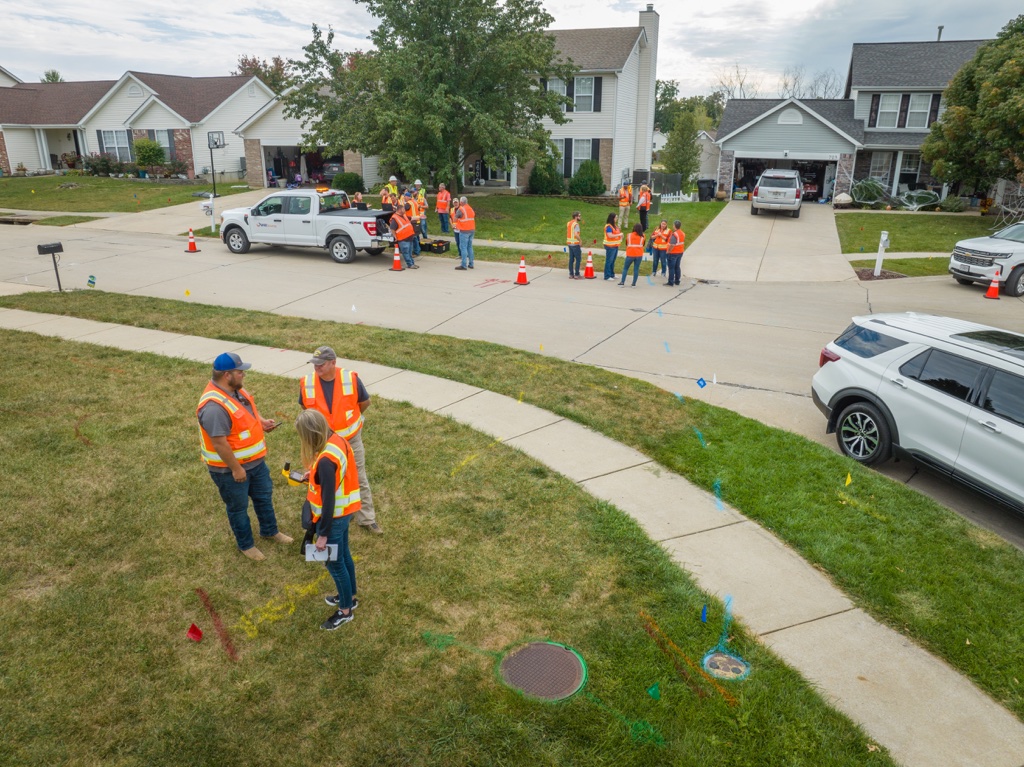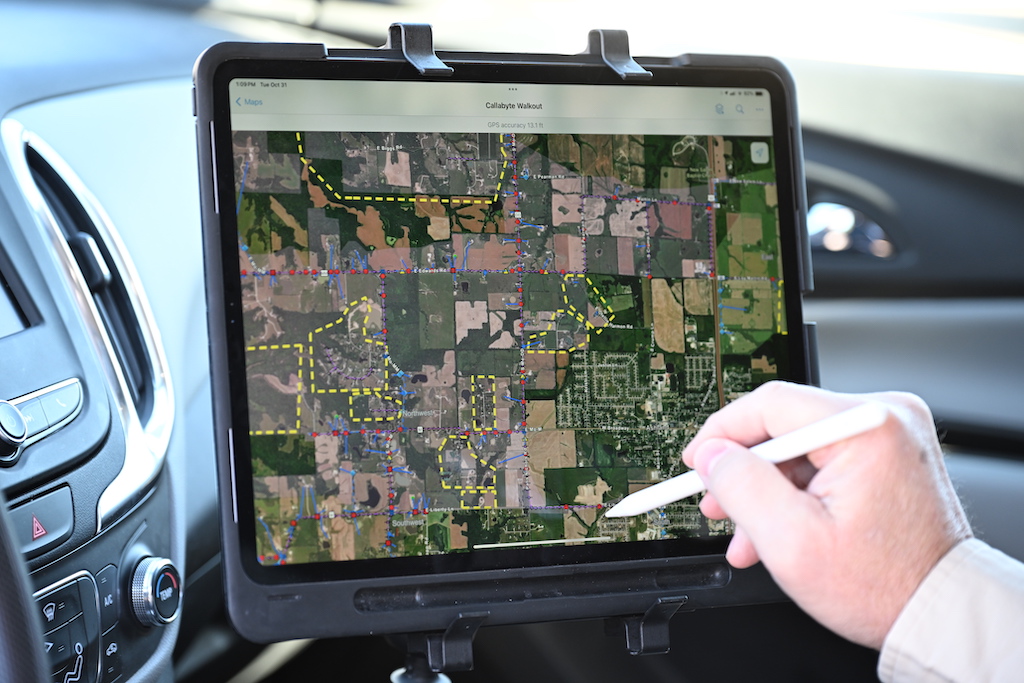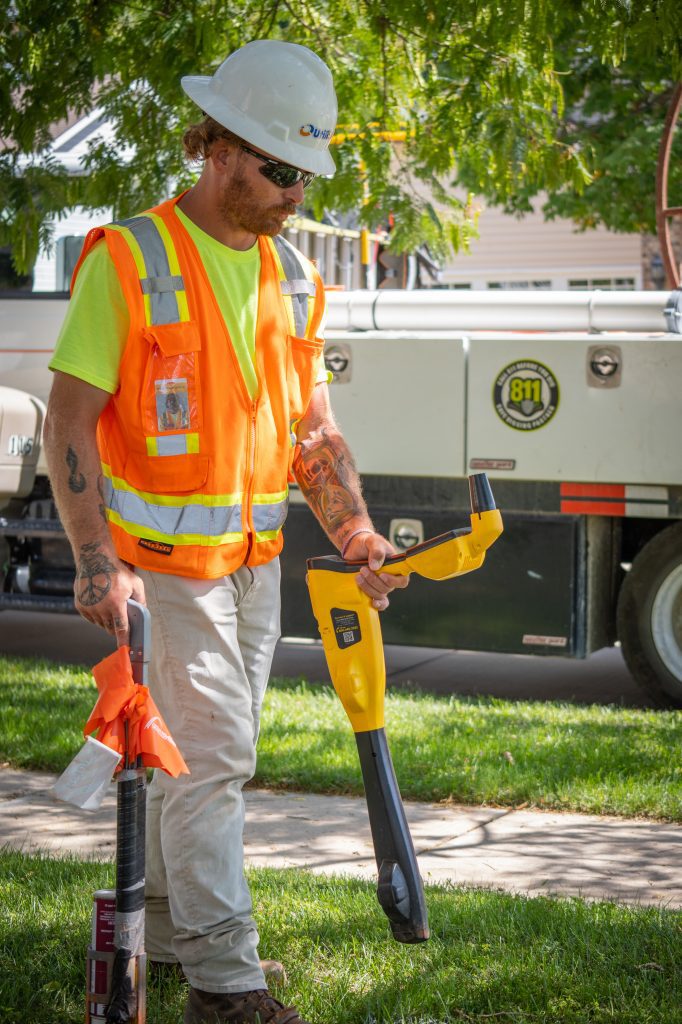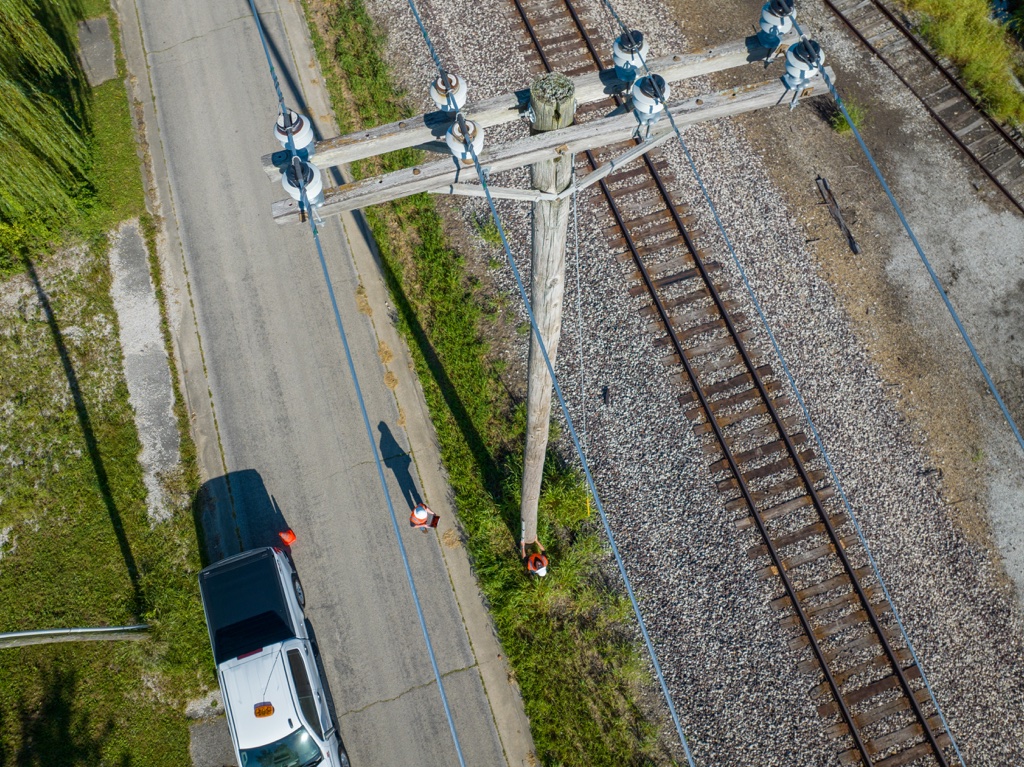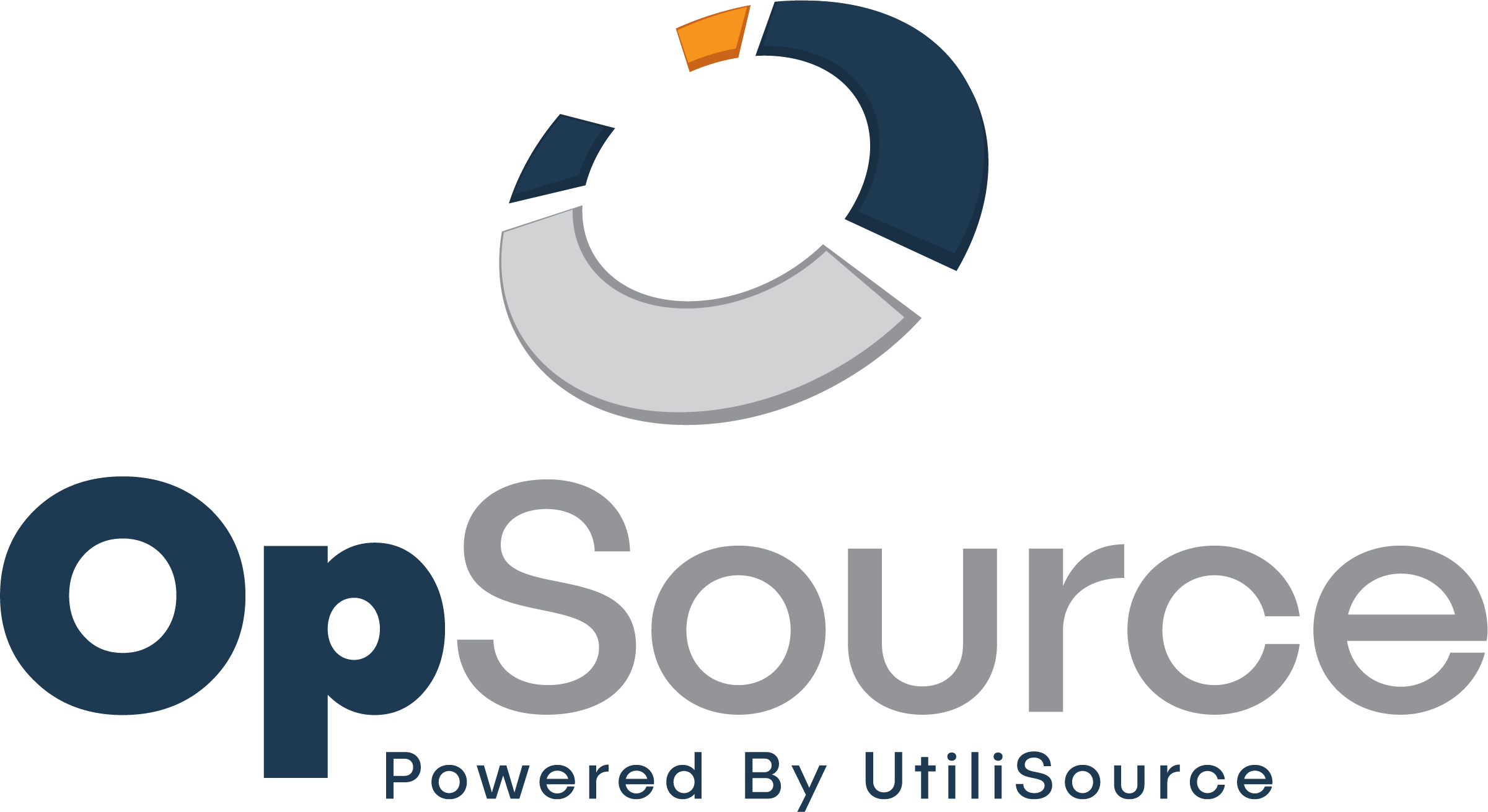As our world gets more digital and relies on high-speed internet access, we must address the need for expanding broadband access across the United States. The switch in work and schools in the past few years has highlighted unserved areas that need access to high-speed broadband internet.
Chances are, you used broadband to find this article and read it. You’ve probably also used it to look for jobs, schedule doctor’s appointments or access health care. It’s something that most of us take for granted. Did you know that millions of Americans lack access to affordable high speed internet?
Local internet access is important in all parts of the US, from urban areas, to rural communities, and everything in between, is extremely important. This guide explores the benefits of bringing broadband network access to rural areas.
What is Rural Broadband?
As outlined by the Federal Communications Commission (FCC), broadband internet must meet a minimum of 25 Mbps (megabits per second) download speed and have upload speed of at least 3 Mbps.
Broadband Access
According to the 2020 Broadband Deployment Report, over 18 million Americans lack access to broadband internet. Service areas that lack broadband disproportionately affect low income, rural, and Tribal areas.
Problems accessing broadband internet affect those in both rural areas and in cities. Some of this comes down to affordability of these services, while other areas completely lack access to high-speed internet service providers (ISP). Expanding high-speed internet access and making it more affordable can help lower the gap and give more people access to broadband connections.
Impact of Broadband Expansion
Investing in broadband expansion will have a significant impact on communities across America. Research suggests that improving access to broadband leads to increased job growth, decreased unemployment rates, and higher property values.
Access to high-speed internet comes with a variety of amenities. These advantages include better access to health care, online education, and digital skills. It can boost income, connect people to economic opportunity, and increase equity across the US.
Challenges to Expanding Broadband
One of the major challenges to broadband access is that most ISP providers are private. In areas that are not heavily populated, ROI on infrastructure does not meet the cost of building the network. In addition, many areas that lack areas are difficult to reach geographically due to the terrain or location.
In addition, as many urban areas have proved, having availability of broadband infrastructure does not guarantee equal access. Many people cannot afford the cost of high-speed internet access in their homes. Even in areas where assistance is offered, many people do not know it exists.
However, challenges to broadband expansions do not outweigh the social benefits of expansion. As our world becomes more digital, infrastructure needs to reflect the needs of our daily lives. Massive investment into broadband access will help close the gap in low income and rural areas. With the expansion of high-speed internet, we can drive economic growth, expand access to health care and education, create jobs, and give people more opportunities across the US.


